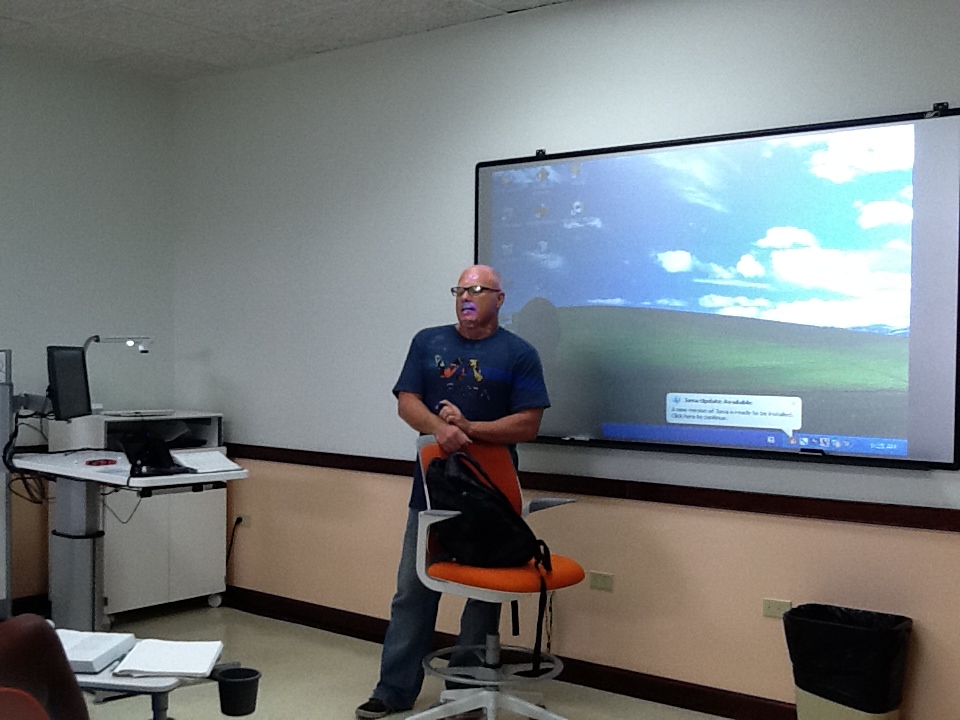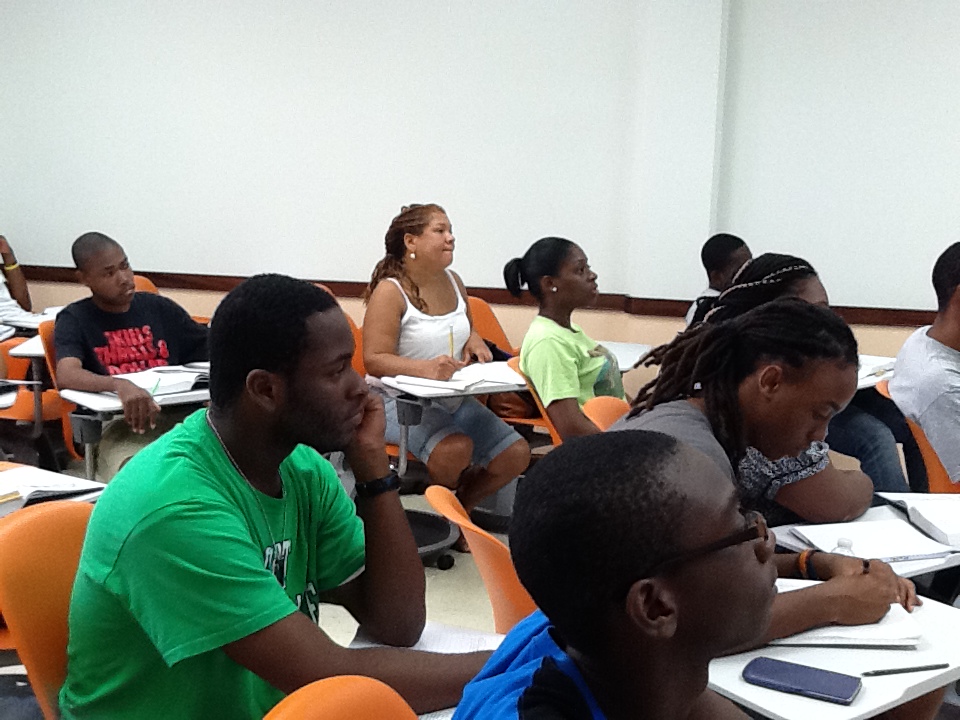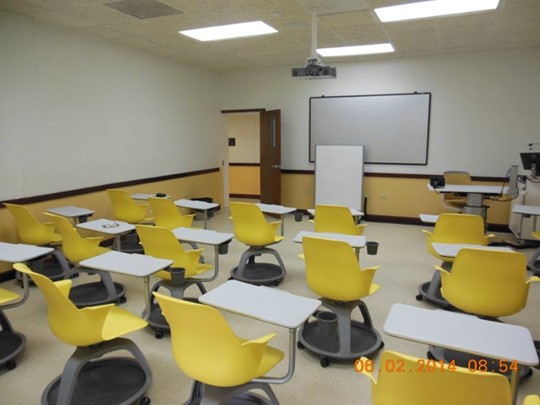
 |
 |
 |
Since 1968, the U.S. Department of Education (USED), through its Title III, Part B-Strengthening
Historically Black Colleges and Universities (HBCUs) program (and the program's predecessor),
has partnered with the University of the Virgin Islands (UVI) to implement several
projects that have served to strengthen the institution. Title III, Part B grants
are awarded to HBCUs according to a formula, and provide financial assistance to these
institutions to assist in establishing or strengthening their physical plants, financial
management, academic resources, and endowments.
Administered by USED's Office of Institutional Service, the Title III, Part B grant
program provides over $324,000,000 to HBCUs across the United States. The University
of the Virgin Islands is the only HBCU outside of the contiguous 48 states.
The Student Aid and Fiscal Responsibility Act (SAFRA) grant program was approved in
2010 as a temporary supplemental funding source to provide additional aid to Minority
Serving Institutions. This legislation expired in 2019 and was replaced by the Fostering
Undergraduate Talent by Unlocking Resources for Education (FUTURE) Act, which made
the mandatory funding originally established by SAFRA a permanent funding source for
HBCUs and MSIs under Part F of Title III of the Higher Education Act of 1965, as amended.
Title III Part B and Part F grant support are each provided in five-year cycles. Prior to the commencement of each cycle, each eligible institution is required to submit a Comprehensive Development Program to USED, describing the activities that it proposes to support with Part B or Part F funds. After review and approval, funding is provided on an annual schedule to each institution.
Legislatively Allowable Activities (LAAs) for which Title III, Part B funds may be used include:
Part F grant funds may be used for LAAs 1, 2, 4, 5, and 10. These funds may also be utilized for "other activities, consistent with the institution's comprehensive plan and designed to increase the institution's capacity to prepare students for careers in the physical or natural sciences, mathematics, computer science or information technology or sciences, engineering, language instruction in the less-commonly taught languages or international affairs, or nursing or allied health professions".